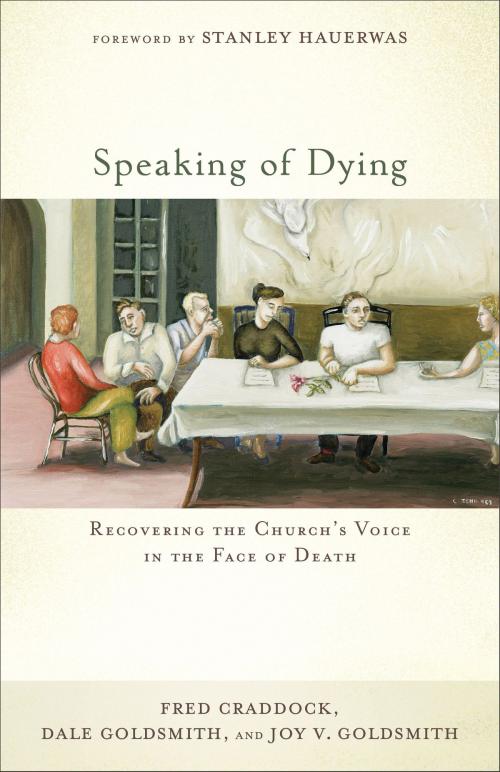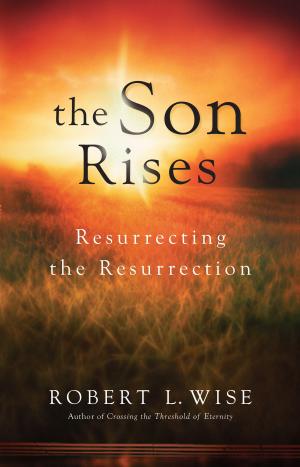Speaking of Dying
Recovering the Church's Voice in the Face of Death
Nonfiction, Religion & Spirituality, Christianity, Church, Pastoral Ministry, Christian Life| Author: | Fred Craddock, Dale Goldsmith, Joy V. Goldsmith | ISBN: | 9781441238818 |
| Publisher: | Baker Publishing Group | Publication: | July 1, 2012 |
| Imprint: | Brazos Press | Language: | English |
| Author: | Fred Craddock, Dale Goldsmith, Joy V. Goldsmith |
| ISBN: | 9781441238818 |
| Publisher: | Baker Publishing Group |
| Publication: | July 1, 2012 |
| Imprint: | Brazos Press |
| Language: | English |
The church does not cope very well with dying. Instead of using its own resources to mount a positive end-of-life ministry for the terminally ill, it outsources care to secular models, providers, and services. A terminal diagnosis typically triggers denial of impending death and placing faith in the techniques and resources of modern medicine. If a cure is not forthcoming, the patient and his or her loved ones experience a sense of failure and bitter disappointment.
This book offers a critical analysis of the church's failure to communicate constructively about dying, reminding the church of its considerable liturgical, scriptural, and pastoral resources when it ministers to the terminally ill. The authors, who have all been personally and professionally involved in end-of-life issues, suggest practical, theological bases for speaking about dying, communicating with those facing death, and preaching about dying. They explore how dying--in baptism--begins and informs the Christian's life story. They also emphasize that the narrative of faith embraces dying, and they remind readers of scriptural and christological resources that can lead toward a "good dying." In addition, they present current best practices from health professionals for communication among caregivers and those facing death. The book includes a foreword by Stanley Hauerwas.
The church does not cope very well with dying. Instead of using its own resources to mount a positive end-of-life ministry for the terminally ill, it outsources care to secular models, providers, and services. A terminal diagnosis typically triggers denial of impending death and placing faith in the techniques and resources of modern medicine. If a cure is not forthcoming, the patient and his or her loved ones experience a sense of failure and bitter disappointment.
This book offers a critical analysis of the church's failure to communicate constructively about dying, reminding the church of its considerable liturgical, scriptural, and pastoral resources when it ministers to the terminally ill. The authors, who have all been personally and professionally involved in end-of-life issues, suggest practical, theological bases for speaking about dying, communicating with those facing death, and preaching about dying. They explore how dying--in baptism--begins and informs the Christian's life story. They also emphasize that the narrative of faith embraces dying, and they remind readers of scriptural and christological resources that can lead toward a "good dying." In addition, they present current best practices from health professionals for communication among caregivers and those facing death. The book includes a foreword by Stanley Hauerwas.















